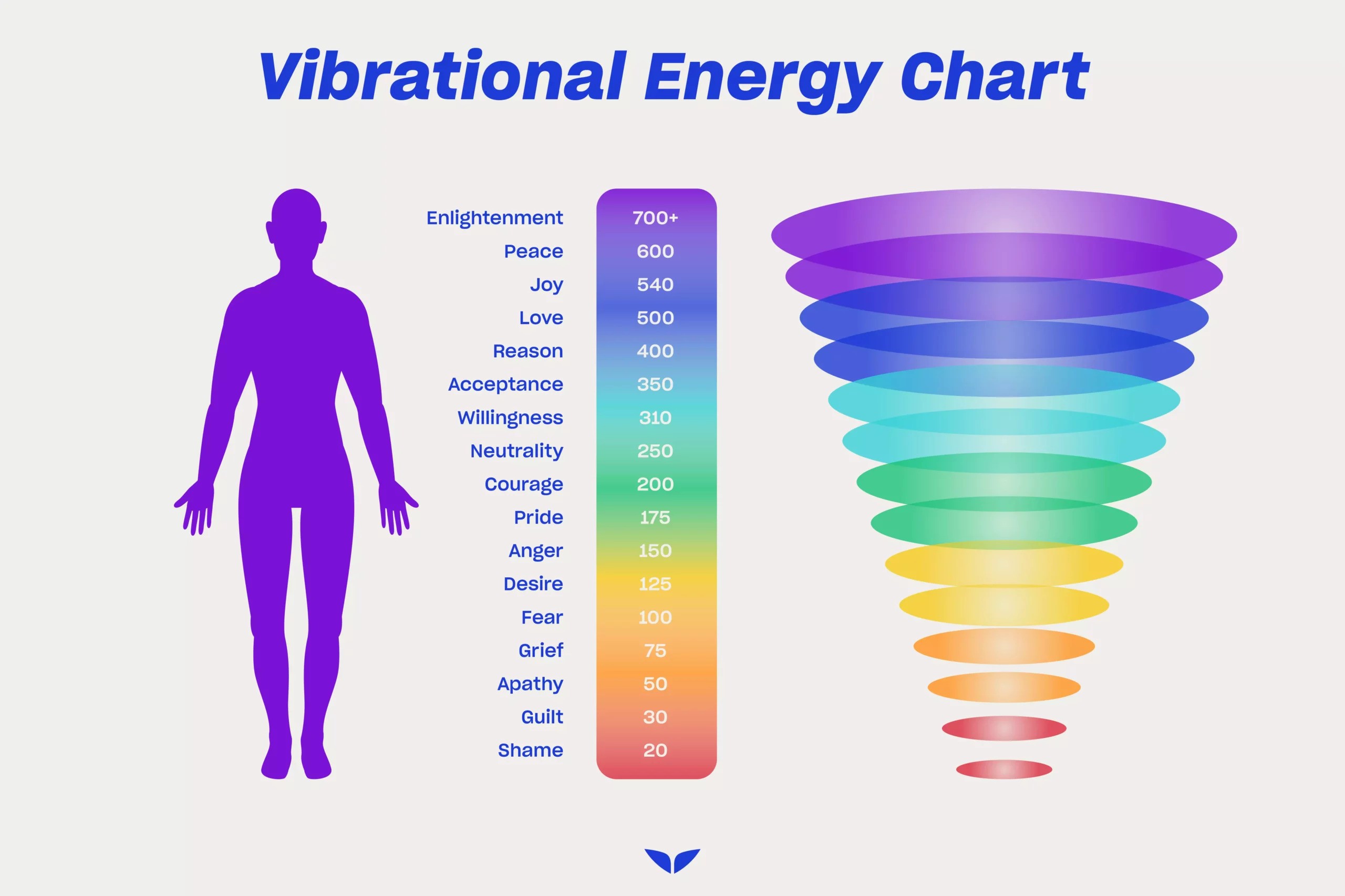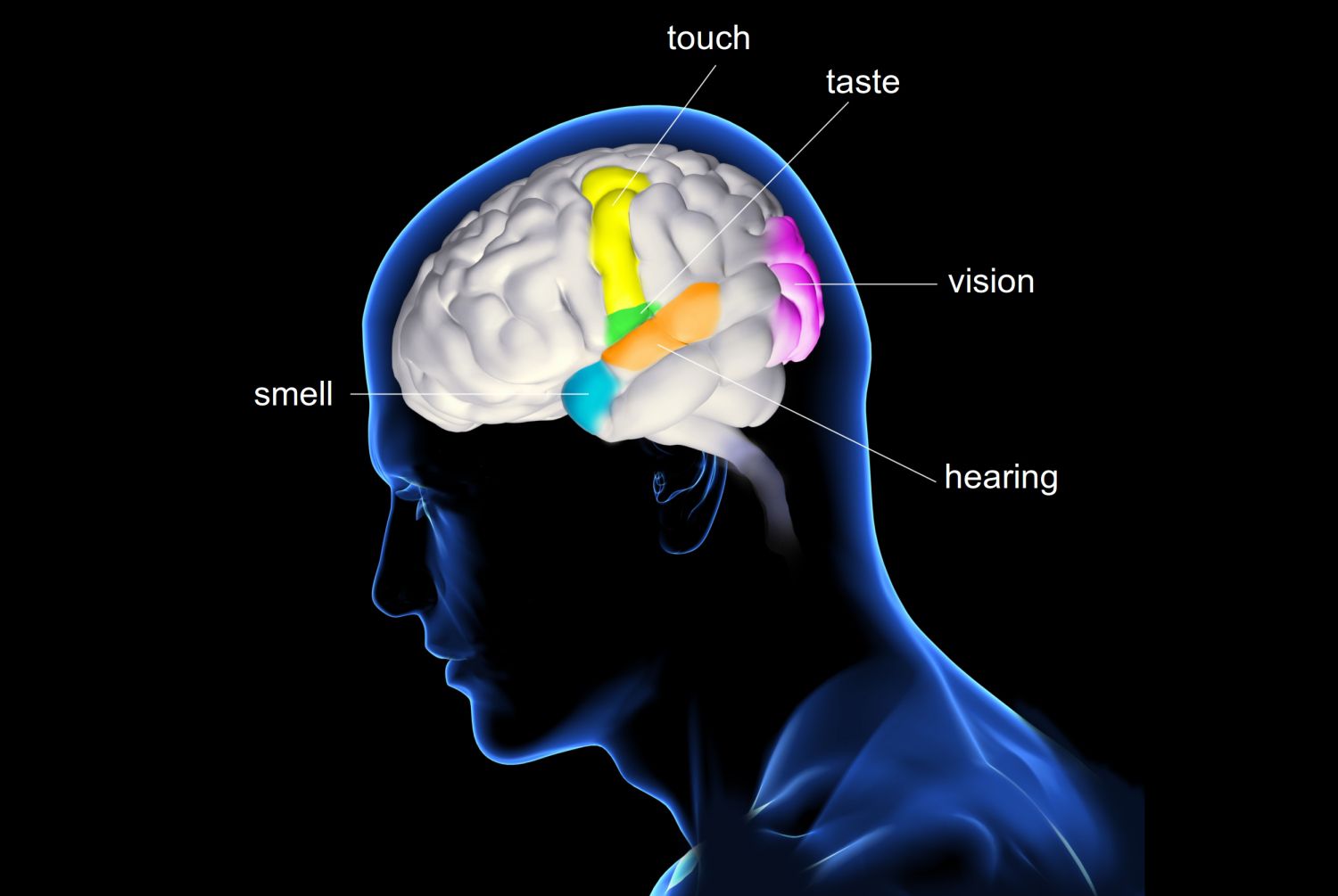What are the meditation benefits on health?
Meditation benefits on health became more and more known in every corner of the world. Meditation is the practice of teaching your mind to focus and redirect your thoughts regularly. Meditation's popularity is growing as more individuals become aware of its numerous health advantages.
It can help you become more aware of yourself and your environment. Many individuals regard it as a method of reducing stress and improving concentration. People also use it to cultivate other desirable behaviors and sentiments, such as a positive mood and outlook, self-discipline, healthy sleep patterns and even enhanced pain tolerance.
Benefits of meditation on the body
Millions of people have turned to meditation to relieve chronic pain, anxiety, and stress, enhance heart health, increase mood and immunity, and address pregnancy issues.
According to cardiologist Herbert Benson, MD, who has spent three decades researching the health impacts of meditation, "meditation can treat any illness that is caused or worsened by stress." He is the creator of Harvard Medical School's Beth Israel Deaconess Medical Center's Mind/Body Institute.
Meditation's relaxing response lowers metabolism, lowers blood pressure, and improves heart rate, respiration, and brain waves," adds Benson. As the body hears a gentle massage to relax, tension and rigidity drain from muscles.
The main benefits of the meditation on your body:
1. Meditation is a stress reliever that comes naturally.
Stress is the body's reaction to unexpected challenges. When confronted with acute threats, the body produces more cortisol or stress hormone, and the Autonomic Nervous System, which controls fight-or-flight responses, is activated. Regular meditators have lower cortisol levels in their brains, which explains their resilience and inquisitive nature, according to brain studies.
2. Meditation improves cognition.
Researchers agree that incorporating meditation into one's daily routine is a fantastic approach for people to boost their chances of success. Both transcendent and mindful meditation practices have been shown to increase the brain's problem-solving and decision-making strategies, which can lead to a positive shift in our professional lives.
3. Meditation has been shown to improve emotional health and well-being.
Meditation has been found in studies to boost self-esteem and self-worth. We obtain a clear image of our mind when we meditate, and we become aware of the thoughts that are driving our emotions and actions at the time.
According to a large-scale study, daily meditation reduces the risk of acquiring depression and mood-related diseases (Jain, Walsh, Eisendrath, Christensen, & Cahn, 2015). Aside from some sorts of contemplative techniques that, according to experts, fostered positive thinking and could improve an individual's overall emotional health.
4. Meditating induces a state of flow, which improves attention.
Have you ever noticed how meditation completely immerses you in the present moment? When we meditate, we naturally develop mindful awareness and enter a state known as "flow," in which our minds are in total harmony with one another. Regular meditation practitioners had a higher attention and concentration span, according to a study on the impact of an eight-week mindful meditation course.
Even those who meditated for only a few minutes had more focus than those who did not meditate at all (Jha, Krompinger, & Baine, 2007).
Benefits of meditation on the brain
Numerous studies have demonstrated the advantages of regular meditation.
Reduced stress, improved concentration, lower blood pressure, and reduced anxiety and depression symptoms are just a few examples.
While there are various types of meditation, they can all provide the same set of proven benefits for mental and physical health. Here's what research has discovered.
The main benefits of meditation to your brain:
1. Meditation Reduces Activity in the Brain’s “Me Center"
One of the most intriguing recent studies, conducted at Yale University, discovered that mindfulness meditation reduces activity in the default mode network (DMN), the brain network responsible for mind-wandering and self-referential thoughts – a.k.a., "monkey mind." When we are not thinking about anything specific, our minds wander from thought to thought, the DMN is “on” or active. Many people want to reduce their mind-wandering because it is associated with being less happy, ruminating, and worrying about the past and future. Several studies have shown that meditation, by quieting the DMN, appears to do just that.
2. Protects the aging brain from decline
Meditation, which is available to everyone, is a fountain of youth for mental aging. The human brain begins to deteriorate naturally in your twenties. Meditation is a powerful practice that can help you maintain a healthy brain.
Meditation has been shown to increase the thickness of the prefrontal cortex. This brain center is in charge of higher-order brain functions such as increased awareness, concentration, and decision making. Changes in the brain show that meditation strengthens higher-order functions while weakening lower-order brain activities. To put it another way, you can train your brain.
3. Protects the brain from depression and anxiety
The association between mindfulness meditation and its ability to relieve symptoms of depression, anxiety, and the pain was investigated in review research conducted at Johns Hopkins last year. The effect size of meditation, according to Madhav Goyal and his colleagues, was moderate, at 0.3. If this seems insignificant, keep in mind that the impact size for antidepressants is likewise 0.3, making the benefit of meditation appear to be quite significant. After all, meditation is a sort of active brain training. “A lot of people think meditation entails sitting still and doing nothing,” Goyal explains. Meditation isn't a cure-all for depression, nor is any other treatment, but it is one of the tools that can help manage symptoms.
4. Improves concentration and attention
Having trouble concentrating isn't simply a problem for kids; it affects millions of adults, whether or not they have been diagnosed with ADD. One of the most interesting, but not surprising, effects of meditation is that it enhances attention and concentration: A recent study discovered that just a few weeks of meditation training improved people's focus and memory on the GRE's verbal reasoning part. In reality, the improvement amounted to 16 percentile points, which is nothing to sneeze at. Because one of the major goals of meditation is to maintain a strong focus of attention (on an object, thought, or action), it's not surprising that meditation can improve people's cognitive abilities.
Developing mindfulness needs commitment for a beginner practitioner. However, as you improve your technique via physical practice and mind-body connection, you'll see the brain-meditation benefits. Increased study on meditation shows that it has numerous health benefits, including improved memory and focus, a spike in serotonin, and so on.
It's easier than it appears to train your brain to remain stable. Meditation is simple if you haven't tried it yet. It does not necessitate any additional equipment or prior training. Simply sit in a comfortable position, either on the floor or on a chair, and focus on your breathing. When your thoughts wander, gently bring them back to your breath. As you can see there are a lot of meditation benefits on health, but if you decide to start this practice you need to understand that these benefits won't appear after your first meditation session.



